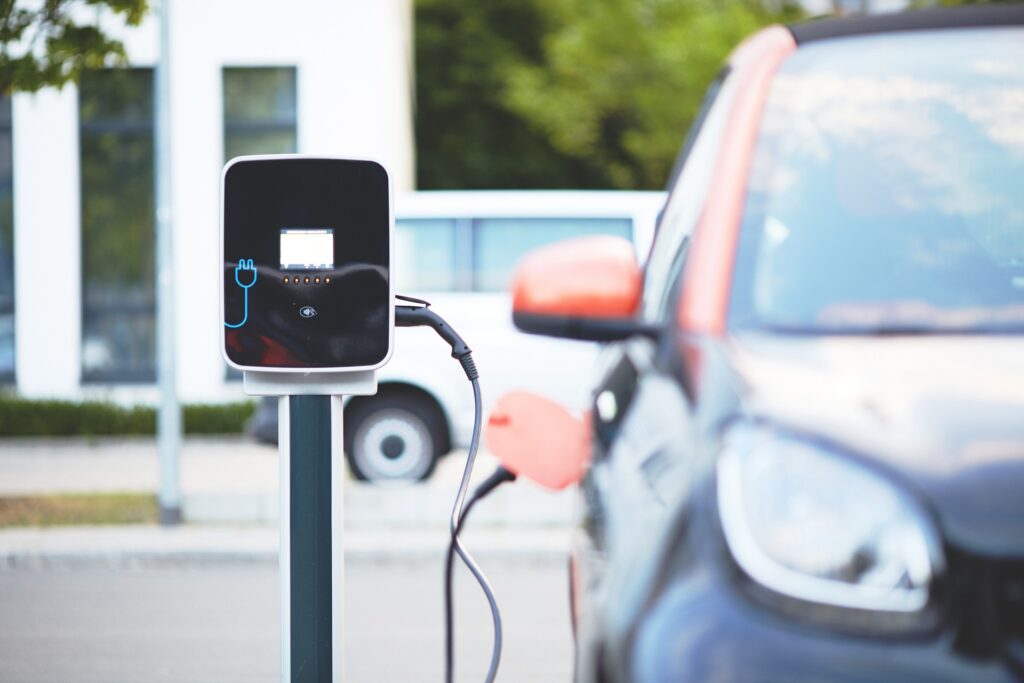The automotive industry is fast evolving and moving at a much more advanced pace than in the last couple of decades, and there is an increased focus on fuel economy and eco-friendly technologies. Such endeavours would accelerate the adoption of electric cars, provided there is a stark improvement in battery performance, charging infrastructure, and advanced manufacturing.
As of now there are over a score of varieties of electric cars and hybrid plug in vehicles in the market and another score of additional electric modelled vehicles are slated to be introduced in the market in the coming two years. Vehicle manufacturing honchos such as Mercedes and BMW have declared that they will offer various plug-in hybrid models in the next couple of years. Additionally, BMW and Nissan have declared that they will join forces to offer electric cars.
The Global State of Electric Vehicles
By far, the world’s best-selling electronic vehicle is still the Nissan Passenger Leaf, a small commuting vehicle with more than 165,000 units sold since its release in 2010. The total global sales of Electric Vehicles and Hybrid Plug vehicles came up to 320,000 units in 2014, which demonstrated an 80% rate of growth and is on track to easily surpass 500,000 in 2015. The sales of global vehicles are projected to reach approximately 89 million units in 2015, and if it is estimated that the global sale of Electric vehicles will reach 500,000, it will account for approximately 0.6% of the total global sales of vehicles in 2016. In the next 5 to 10 years, every car on sale will offer an EV variant or hybrid/plug-in hybrid, and the adoption rate of these vehicles will increase in leaps and bounds.
The Chinese and the US Markets
Markets in India and China are likely to be more involved than they are already. China, which is one of the major oil-importing countries and is currently being afflicted by air pollution, has been pushing for electric vehicles, offering incentives to the consumers, encouraging global automakers to share their skills and technology and opening its market to enterprises to manufacture electric vehicles. China has been supporting the electric vehicle as a mass market car and aiming to keep its enterprises in close competition with its global rivals. The government subsidies and the polluted skies of China are creating the perfect conditions for the advent and growth of electric cars. In Beijing, local governments are offering free registration and insurance subsidies for electric cars.
In the US, much of the electric car manufacturing is taking shape in Nevada. In June 2015, Tesla introduced a $5 billion battery plant in Sparks, and soon, a Chinese start-up enterprise by the name of Faraday Future chose a suburb in Las Vegas as an electric car manufacturing plant worth $1 billion. Also, numerous electric vehicle fast charging stations are being installed in New York, California, Pennsylvania, Florida and Nevada and aim to cover about 19 states in the country.
The manufacturing industry has always been a challenge, with providing a lot of room for engineers and experts who can devise methods on how to reduce the cost of manufacturing motors, batteries, computers and electric and power electronics, which lie in the heart of electric cars. The mode of communication also needs to be improved in the engineering sector. Having the ability to effectively communicate the advantages and disadvantages of a new idea or an expertise is a crucial skill numerous people are devoid of, and it is imperative to market them along with the technology invented.
The advantages and the disadvantages of owning an electric car
Some of the benefits of using an electric car are mentioned below:
- Reduction of emissions to zero.
- Electric Vehicles do not need fuel. Electricity is less costly than gasoline, and therefore, using a hybrid vehicle would cut down gas bills to a large extent. Fully electric cars like Nissan Leaf will eliminate the cost of gas and carbon footprints completely.
- Electric vehicles are less difficult to maintain than those that run on gasoline. Consumers can be relieved from brake pad replacements and routine oil changes.
- Warranty for electric cars typically last longer.
- Electric vehicles are quieter and do not contribute to noise pollution.
The downsides of the electric vehicles include
- Electric cars are more expensive than regular fuel-powered cars, making them out of reach for numerous buyers.
- Installing a charging station at home is vital, as charging stations for electric vehicles have yet to appear on the roadside.
- The cost of replacing the battery of electric cars can run up to thousands of dollars, although a battery is supposed to last for about a decade.
- A fully charged electric vehicle can run for approximately 75 miles, which seems okay. However, it can pose a strict challenge on the days you have to run additional errands or have not charged your car completely.
- Charging electric cars takes about fifteen minutes, which can be perceived as time-consuming compared to gas stations, where refuelling is done within a couple of minutes.
With the growing need to strike an ecological balance amalgamated with the ever-improving technology and expertise of automobile engineers, the future of electric cars seems positive and bright. Five years later, they can be more commonly seen on the roads. However, specific energy and cost need to witness a breakthrough for this environment-saving technology to see the light of the day across the globe.
